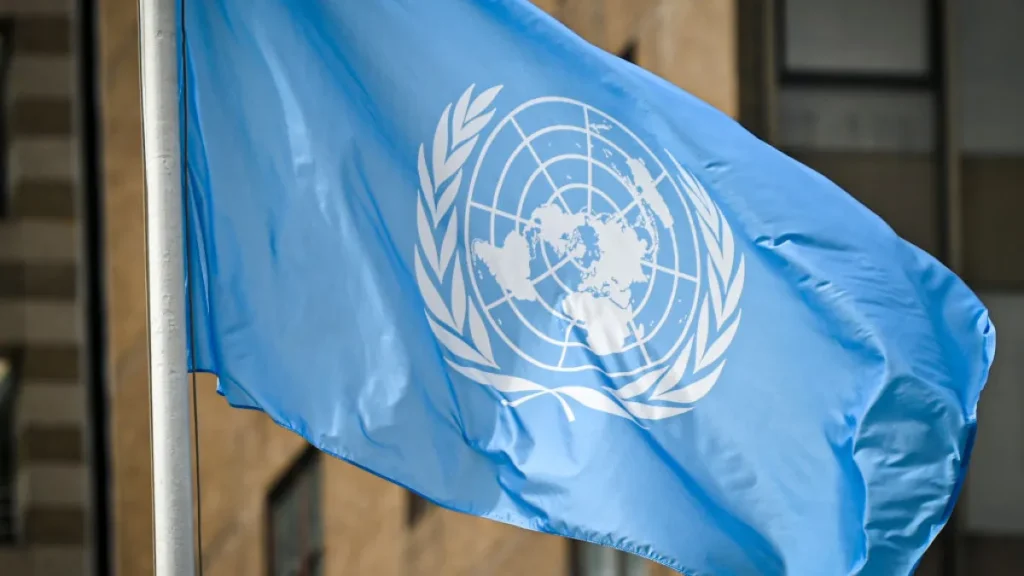A historic move that answers long-standing concerns about justice and openness within the framework of international sanctions is the UN Security Council’s recent resolution to restructure the processes for implementing sanctions imposed by the UN. The Security Council’s unanimous decision to pursue reforms in an often-criticized area of international diplomacy represents a substantial change in the way sanctions are administered.
One essential weapon that the UN uses to uphold world peace and security is sanctionation. In addition to combating terrorism and resolving violations of human rights, they also serve the objective of preventing the spread of weapons of mass destruction. But there have been complaints about how procedurally unfair and opaque the process is for adding and deleting firms on punishment lists. By adding more equal and open delisting procedures, the new resolution aims to solve these problems.
One of the key features of the resolution is the establishment of a new role, known as the “focal point.” This role is designed to facilitate direct engagement with individuals, companies, and other entities seeking to be removed from the sanctions lists. The focal point will gather and assess information from multiple sources to assist the Security Council’s sanctions committee, which is responsible for making decisions regarding delisting. This new approach is intended to ensure that petitions are handled more transparently and that the reasons for decisions are clearly communicated to the petitioners. This move is expected to enhance accountability and fairness in the sanctions process, addressing concerns that have been raised about the lack of clear communication and justification for delisting decisions.
The delisting process has been the same for 18 years, according to U.S. Deputy Ambassador Robert Wood, who underlined the resolution’s historical significance. As a reflection of the international community’s broader commitment to upholding procedural fairness and openness, the resolution constitutes a significant advancement in updating the sanctions system. The resolution seeks to guarantee that sanctions are administered more sparingly and that there is a strong system in place for modifying them when situations change by overhauling these protocols.
The effectiveness of sanctions depends on their ability to target specific threats and adapt to changing situations. Effective sanctions can address a wide range of issues, including the proliferation of arms, terrorism, and human rights violations. However, their impact can be diminished if the sanctions are not applied with precision or if there is a lack of procedural integrity in managing them. The U.S. position underscores the importance of balancing the need for robust sanctions with the necessity of having fair and transparent procedures for delisting when warranted. The concern about the premature lifting of sanctions, particularly when the underlying threats persist, highlights the need for a measured and context-sensitive approach to sanctions management.
Dmitry Polyansky, Russia’s deputy ambassador to the UN, highlighted the importance of exercising prudence and sensitivity when implementing sanctions, which added to the conversation. In the international community, there is a broader perspective—reflected in his remarks—that sanctions need to be carefully researched responses to particular dangers rather than instruments of punishment. It is important to make sure that consequences are justified and suitable for the situation, which is in line with the idea that penalties should be enforced strictly and appropriately.
This resolution is part of a broader effort to refine the international sanctions framework and address concerns about procedural fairness. By introducing more transparent and accountable procedures, the U.N. is setting a precedent for how international governance practices can evolve to better serve the principles of justice and rule of law. The changes introduced by this resolution are expected to improve the overall effectiveness of the sanctions regime, making it more responsive to the needs of the international community while ensuring that the process remains fair and transparent.
Enhancing and modifying sanctions protocols will be essential as the global environment changes more. By confirming a commitment to respecting human rights and preserving international peace and security, the resolution is a major step toward developing a more sensible and successful approach to sanctions. The U.N. is demonstrating its strength as a major actor in the international system and providing a model for future changes in international governance by tackling the issues of transparency and equity.
If you like the article please follow on THE UBJ.
